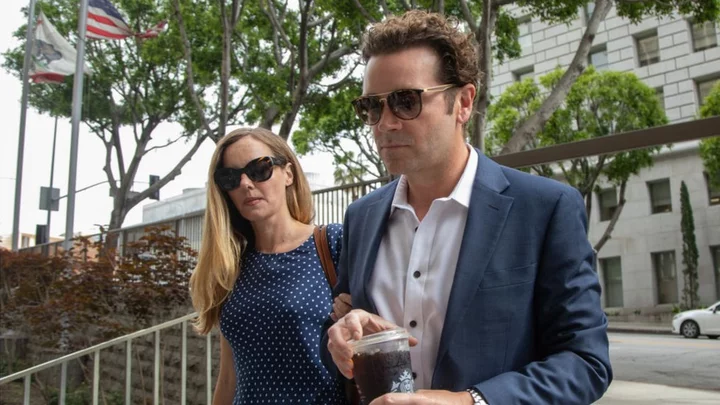
Bijou Phillips to divorce Danny Masterson after rape sentencing - reports
She cites irreconcilable differences, two weeks after the convicted rapist blew a kiss to her in court.
2023-09-20 10:31
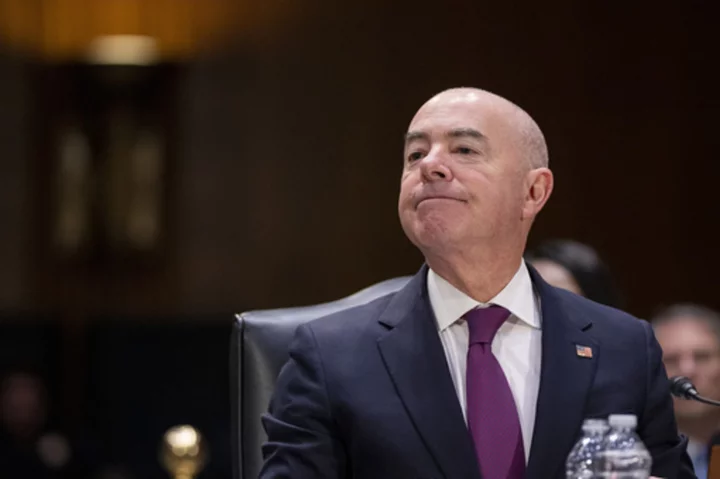
House readies test vote on impeaching Homeland Secretary Mayorkas for handling of southern border
The House is holding a test vote on whether to impeach Homeland Security Secretary Alejandro Mayorkas
2023-11-14 05:44

Mum claims to be the victim of 'hot phobia' for being too attractive
A woman has claimed she is the victim of “hot phobia” and says men are scared to approach her because she is too attractive. Sabine Roll-Cohen, 40, from North London has claimed that she is ignored at the school gates when collecting her son because other parents can’t handle her beauty. The personal shopper and model said she wears outfits such as crop tops and short shorts to collect her son, resulting in other parents giving her the cold shoulder and victimising her. Roll-Cohen told The Sun: “I like to wear small shorts, or a low dress, or a tiny crop top, I like to feel sexy.” She continued: “Every woman should look after themselves. I don’t go out much anymore, so the school run is my reason to get dressed, so why not wear a nice outfit? “The other mums don’t talk to me when I look nice, they just turn their noses up. But when I am dressed in my jogging bottoms, they decide to speak to me, it’s strange.” Sign up to our free Indy100 weekly newsletter But, she said, it’s not just the school gates where she’s found herself snubbed by other parents and claimed that it also happened at a child’s birthday party when she arrived wearing a crop top and skinny jeans. Roll-Cohen does not believe she dresses inappropriately and claims she is simply the victim of “hot phobia”. She argued: “I was at this party with my six-year-old son, but I only knew one other mum there.” Roll-Cohen went on: “I was wearing a little floral crop top and some skinny jeans which showed off my perky bum and I thought I looked great. “But every single mum at the party, apart from my friend, ignored me. I asked my friend why no one was talking to me and she said ‘Maybe you wear the wrong outfits.’ “I think they must be jealous as I do have a good body. I’m size eight, 5ft 7, I don’t go to the gym and I don’t have to watch what I eat. “A lot of these ladies are bigger and less sexy after having children and I think it annoys them that I look so good. If jealousy is an illness, I hope they all get better soon.” But, Roll-Cohen said that one person who appreciates her beauty is her husband of six years, Beto. She said: “He thinks I’m gorgeous and like to look nice for him. He wouldn’t change me for the world, so I’m not going to worry what anyone else thinks of me.” Have your say in our news democracy. Click the upvote icon at the top of the page to help raise this article through the indy100 rankings.
2023-06-13 17:00

Why the New York Mets should regret their lengthy commitment to Lindor
With a big smile and infectious personality, New York Mets shortstop Francisco Lindor is arguably one of the most marketable players in MLB. But should the Mets ultimately regret their long-term commitment to him?Back in January of 2021, the New York Mets acquired 'superstar' shortstop...
2023-06-16 02:06
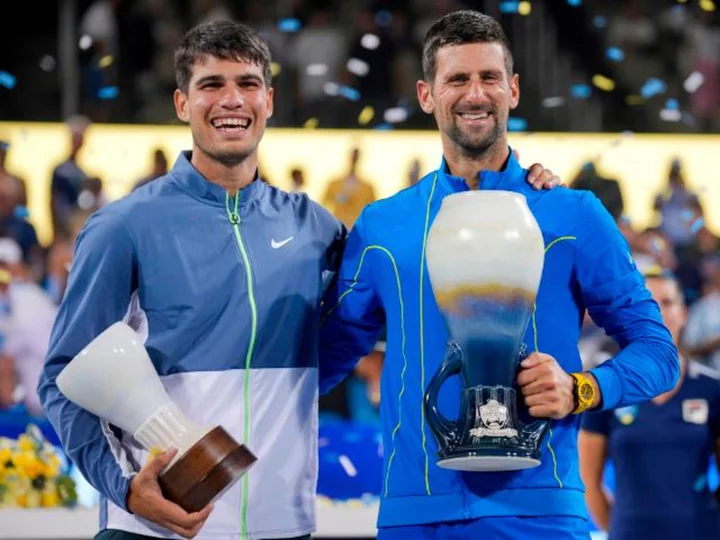
US Open provides the scene for the latest chapter in rivalry between Novak Djokovic and Carlos Alcaraz
The stage is set for another epic showdown between Novak Djokovic and Carlos Alcaraz at the US Open which starts on Monday.
2023-08-28 12:00

When is Rebirth Island Coming Back?
Here's a breakdown of when Rebirth Island is set to return in Call of Duty: Warzone.
1970-01-01 08:00
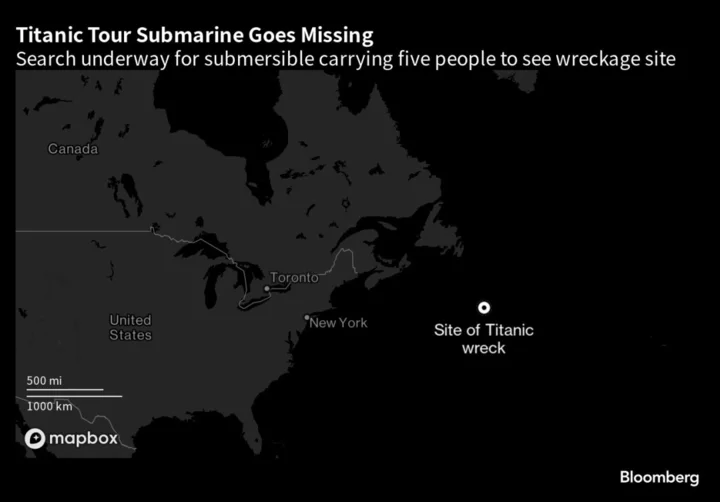
Titanic Sub Search Vessel Reaches Sea Floor as Time Grows Short
A search vessel reached the sea floor near the wreck of the Titanic and began looking for a
2023-06-22 20:08

Prince Harry chokes up in witness box, telling court his phone hacking testimony has been 'a lot'
Prince Harry choked up in court as he concluded an eight-hour testimony in his lawsuit against a major British newspaper publisher, admitting he would feel an "injustice" if his claims of phone hacking were dismissed by the judge.
2023-06-08 00:13

Russell Crowe doesn't want to be asked about Gladiator 2
Russell Crowe doesn't want to be asked about the 'Gladiator 2' film because has nothing to do with it.
2023-07-02 17:00

Wagner cements Belarus presence as 'educational organisation'
The Russian mercenary group registered earlier this month as a limited company, it has been revealed.
2023-08-17 03:46
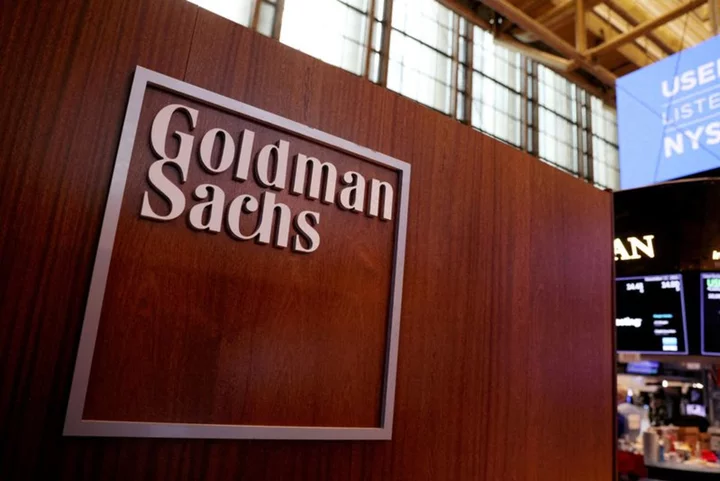
Goldman Sachs Asset Management makes $600 million bid for Norway's Froy
OSLO Goldman Sachs Asset Management (GSAM) has offered 6.6 billion Norwegian crowns ($598.8 million) in cash to buy
2023-06-05 13:59

Slipknot's Corey Taylor predicts he has 'another five years left of physically touring like this'
Corey Taylor admitted he could be forced to retire from touring with Slipknot in around five years' time if he's not physically able to perform and travel.
2023-07-02 15:00
You Might Like...
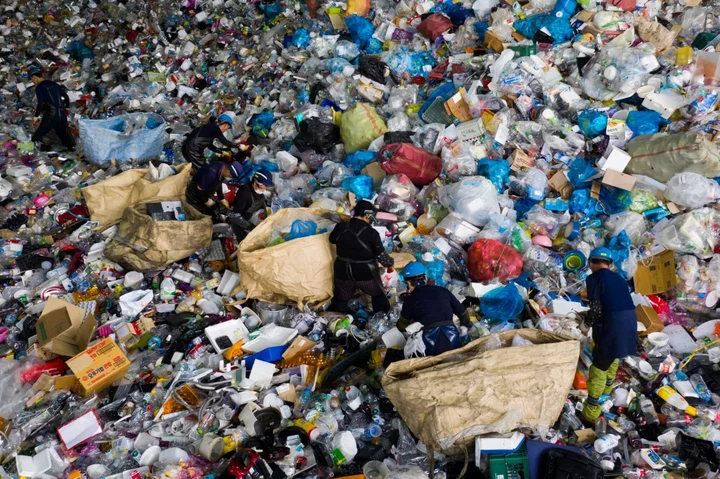
The World Is Choking on Plastic Pollution. Can Countries Find a Fix?

Mark Jackson laid off by ESPN with Doris Burke and Doc Rivers slated as replacements, AP source says
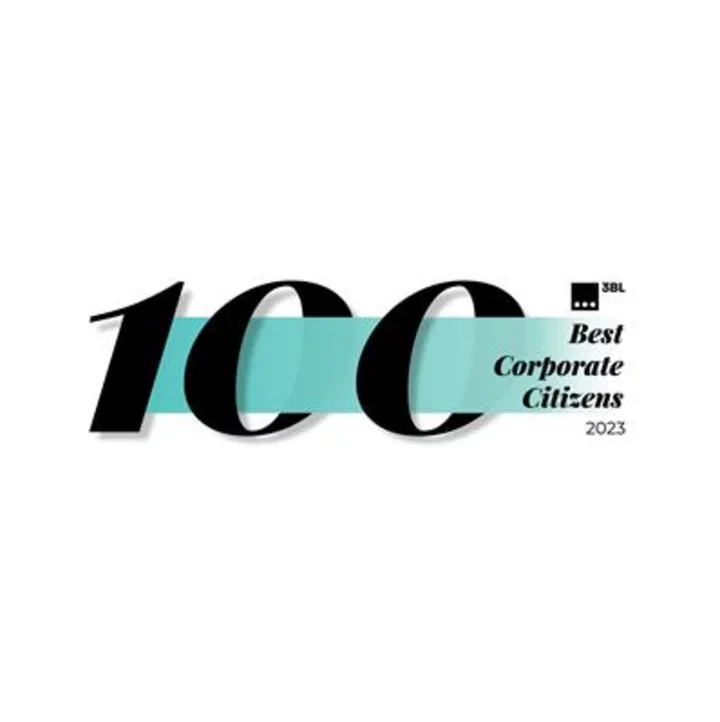
Eversource Named Top Utility in 100 Best Corporate Citizens 2023
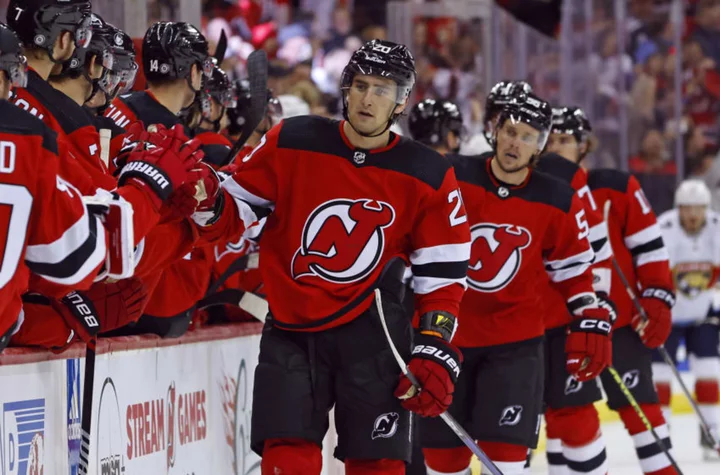
New Jersey Devils lines tonight: Expected starters and goalkeeper

AI Startup Alphasense Raising Funds at $2.5 Billion Valuation

8 Twitter/X alternatives for if you want to get off Elon Musk's wild ride
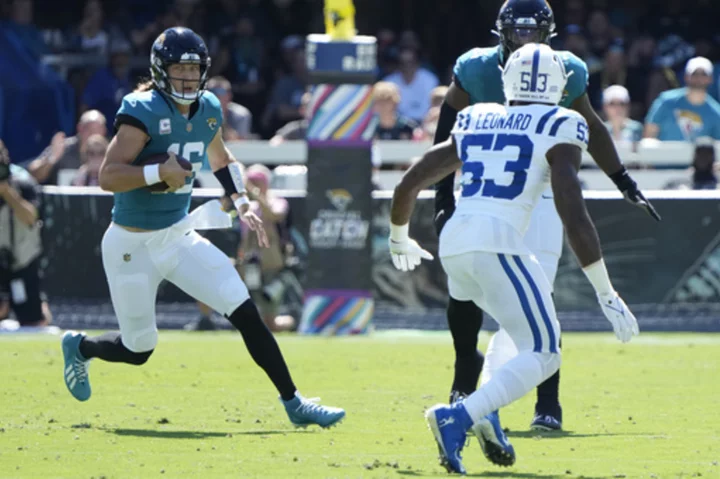
Jaguars QB Trevor Lawrence feels optimistic about playing at the Saints despite sprained knee
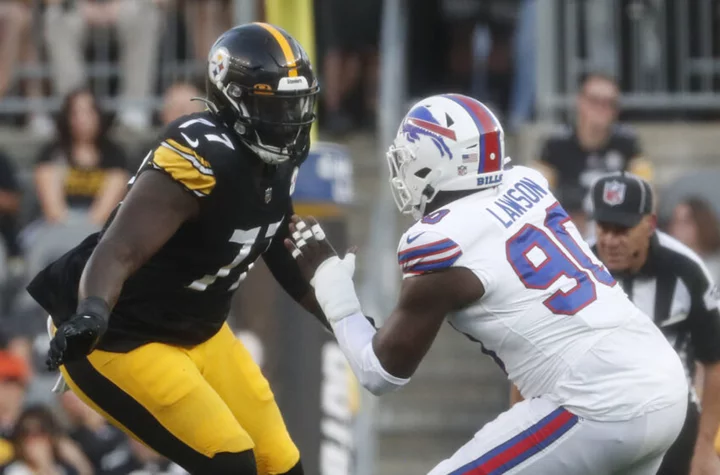
Steelers rumors: Should Pittsburgh fans be concerned about Broderick Jones after Bills game?
